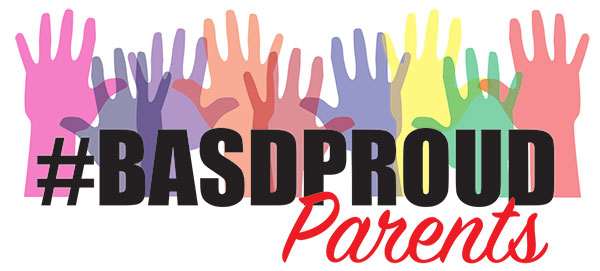Active Issues Our Schools Are Facing
The Pennsylvania School Boards Association (PSBA) is the voice for public education and the work of strong local school boards in the halls of the Capitol. They are committed to supporting an effective child-centered public education that is adequately and equitably funded. Pennsylvania public schools are the driving force behind our state’s economy. PSBA works to bring focus to leverage change that will improve our system of public education. Successful advocacy not only includes the active involvement of public school officials in the legislative agenda affecting their students and communities but parents and community members who stay informed about educational policies and current legislation impacting our public education institutions
Among the many issues our school districts face, below is a growing list of the most active issues the BASD is facing on which PSBA is also currently engaged. One of our goals will be to keep parents and community members informed on these issues and any legislation affecting these issues. We will also keep you informed on our local representatives and legislators stances on these issues as well as their voting history on and all public education issues.
ESA vouchers
Education Savings Accounts (ESA) are vouchers that take money away from a school district’s state subsidy funding to be used at private schools and for other education expenses. ESA vouchers widely miss the mark on making any type of meaningful education reform and do nothing to address inadequacies, academic needs, issues of poverty, and other concerns that may be present in low-achieving public schools. They do not provide any real academic accountability to students or parents, nor do they provide any fiscal accountability to the taxpaying public that will be footing the bill.
A better approach to high school graduation requirements
Greater flexibility is needed to create graduation requirements that provide students with alternative pathways in addition to Keystone Exams to demonstrate readiness for success after high school. In creating new state-level graduation requirements, various assessments and pieces of evidence can be used to show proficiency in the knowledge and skills relevant to students’ individual career pathways. Attaining success on various assessments and performance-based programs along with coursework grades provides a rigorous and more appropriate overall measure of readiness for graduation.
Keeping assessment appeals fair
Pennsylvania’s property assessment system needs comprehensive reform. Proposals that would greatly restrict or take away the rights of school districts to pursue appeals of under-assessed properties, particularly large commercial properties, will unfairly shift the tax burden to burden to those property owners who are properly assessed in the form of increased millage rates. Assessment appeals ensure that taxpayers have some way to keep the playing field level. Reforms should be made to fix the current system that makes these appeals necessary in the first place.
School Safety
The increasing succession of violent acts in schools across the nation have led to increased concern about the danger of school emergencies. School officials are intensifying their efforts and abilities to identify and prevent potential threats and to respond to all threats swiftly and safely. It is the responsibility of school districts to ensure that all internal and external areas of schools are as safe as possible. Schools have been – and must continue to be – safe havens for our students where they may learn without fear of danger.
Equity
Equity ensures that all students, no matter their disability, gender, socioeconomic status, class, geographic location, race, ethnicity, sexual orientation, English language ability, religion or national origin, will have the opportunity and knowledge to reach their highest potential.
BASD Proud Parents is strictly pro-public education. We are an independent group with no affiliations to the BASD school board or any political parties. Our goals are to help parents stay informed about educational policy discussions and to facilitate ways for any of us who would like the chance to have our voices heard, to get more involved in those policy conversations.
